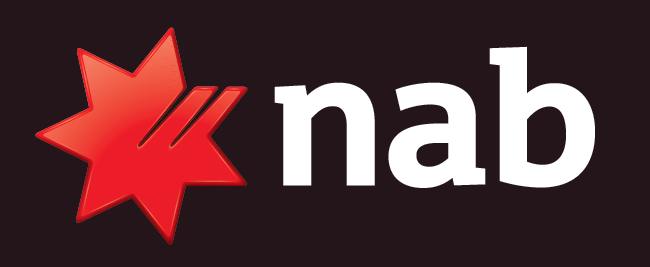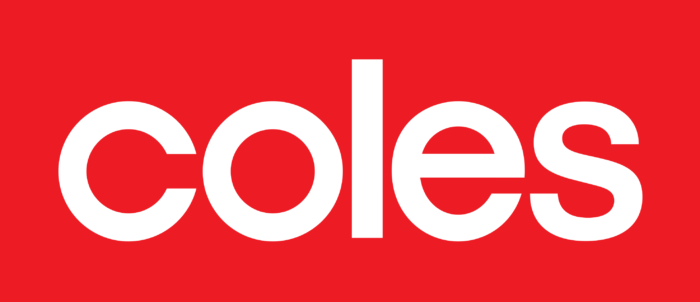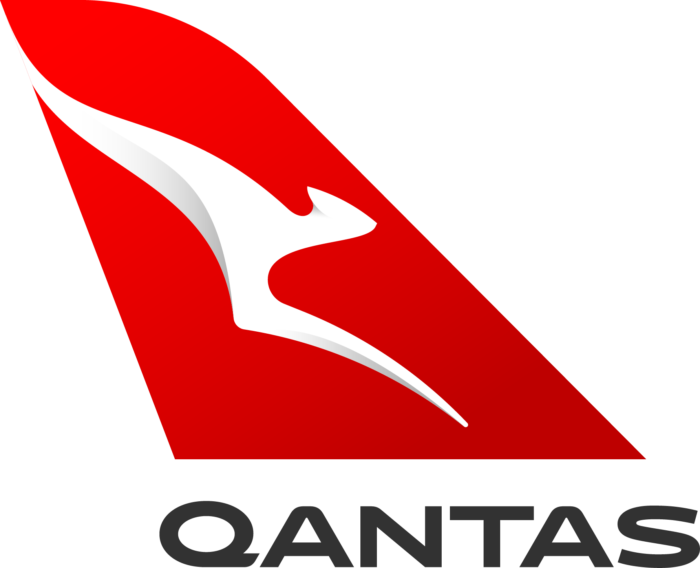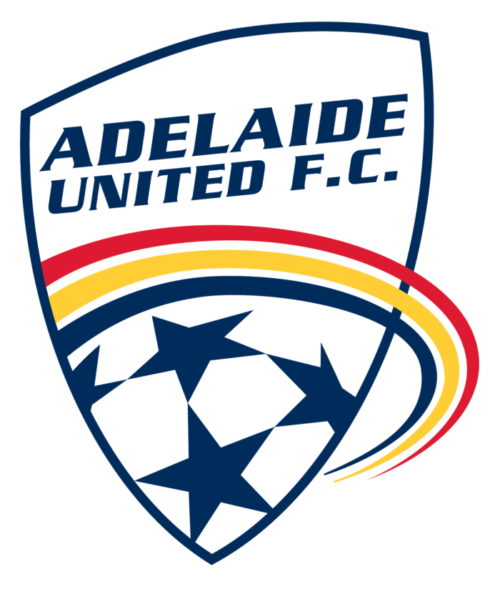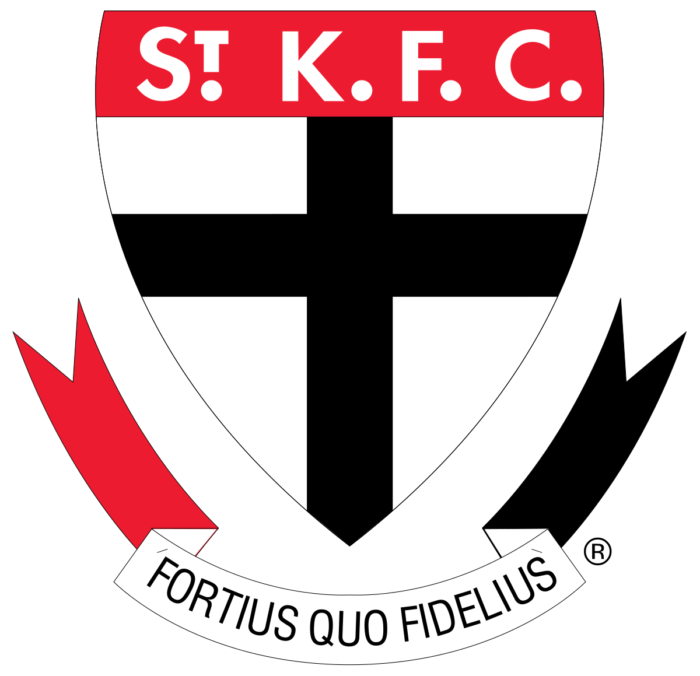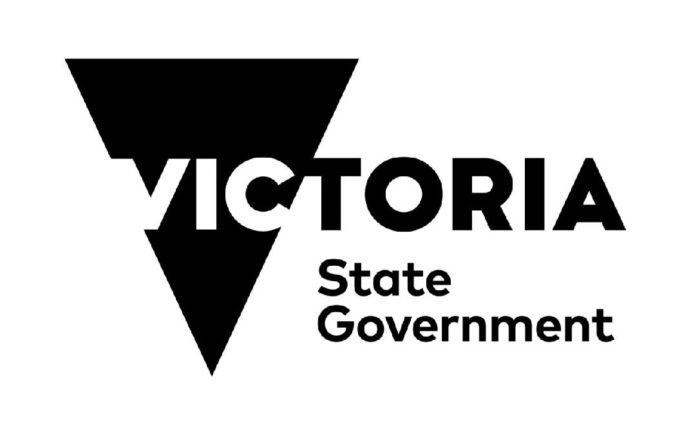Trans Day of Visibility on March 31, stands as an annual international celebration, honouring trans and gender diverse people. As we celebrate this important date, we’re honoured to share personal stories from some trans and gender diverse individuals within our sporting community. Through sharing their stories with us, Han, Marnee, Kira, and Hannah are shining a spotlight on the profound impact of inclusion in sports.
Personal Journeys and the Role of Sports:
For Han (they/them), an AFL player from West Brunswick Amateur Football Club (WBAFC), sports provided a platform to express themselves authentically and discover their strengths, they shared;
“When I first joined West Brunswick, the first thing I noticed was its strong foundation built on acceptance & inclusion – which meant it became such a supportive and treasured space for me, particularly as I was experiencing a lot of misgendering in other aspects of my life. The footy oval became a haven where I knew I was seen and embraced by my teammates. I think as gender diverse people we are so used to being on guard and feeling vulnerable – so it was so special to have a space where I was safe to let down that guard and embrace another side of vulnerability, one that allowed me to be more authentic to myself and my gender.”
Marnee (they/them), another West Brunswick member, and senior women’s team coach, emphasised how being involved in sports allowed them to find a supportive community where they could embrace their authentic selves without fear of judgement; “The way I look at being non-binary, is the feeling I don’t fit within societal gender norms, and by taking that pressure off myself and allowing myself to just be, I feel a lot more at peace. Sport was where I found communities who accepted and encouraged me to explore these parts of myself, and in places free of judgement. West Brunswick football club in particular, where I have coached for some years, has been an incredible support and ally to my journey.”
For Kira (they/them), when they decided to rejoin team sport as an adult, they were also navigating their own trans identity. Kira wasn’t out with their teammates, and the global political context around trans people in sports was one rife with exclusion, with increasing bans on trans participation at the elite level. This made them fearful to share their full identity. “I had noticed that sports was a space that had the potential to act as a crucial platform for awareness around trans identities, but my first two years of footy was simultaneously followed by increasing bans of trans people in sports across the world – specifically with a heavy target on the backs of trans women and trans femmes. However, the sense of community and acceptance, mainly at my second club (West Brunswick) has been crucial to my identity and self worth as a trans person.”
Visibility and Inclusion:
Visibility and inclusion in sports hold immense importance for many in the trans and gender diverse community, particularly in light of these increasing attacks on their rights across the globe. Clubs that are visibly inclusive create safe places for trans and gender diverse people to find connection and a sense of place. As Marnee articulates, “Visibility for gender diverse and trans people is so important… It helps me feel accepted within a team when people share their pronouns with me prior to a game, training or in a new working environment. It invites me to feel safe and to share mine and acts as a quick indicator for me of the level of safety I have to be myself in that environment.”
But for trans and gender diverse people, visibility can also be difficult to achieve on a sporting field, as Han shares; “…once everyone is wearing the same uniform, signalling queerness / transness becomes harder to do. You can’t wear pronoun pins out on the footy oval. So visibility then has to shift to be verbally “visible”… hearing the opposition team also using gender neutral language would make them visibly safe.”
Hannah Mouncey (she/her) is a household name for many LGBTQIA+ athletes and fans. Hannah has generously shared her story and journey with many. From pursuing AFLW, and facing many challenging barriers in that process, to now confidently representing Australia’s handball team,she has paved the way for future trans athletes to chase their dreams. Hannah shares; “I think the biggest moment or achievement for me that shows how important visibility really is, is just the conversations that have been had and the amount that people can learn if they have an open mind. I’ve been really lucky in that I’ve been able to represent Australia both pre and post transition, and I think for me it’s the changing attitudes over the years. The players I play with on the national team now, (are) a very young team…when they first played for Australia 2 years ago, they didn’t realise or understand why there would be an issue around trans people playing sport. Or why I have to get blood tests every month. I had to explain that some people thought it might be unfair and it still didn’t really register with them. The shift in views through the generational change has been huge.”
Challenges and Overcoming Obstacles:
Despite the strides made towards inclusion, trans and gender diverse people still face numerous challenges and barriers in sports, and increasing attacks on their right to participate – just last year the International Chess Federation banned trans women from playing in international women’s competitions. While policies like this are overtly discriminatory, our interviewees candidly shared instances of lack of understanding, and systemic barriers within sports that often go unchallenged:
“I struggled quite heavily at my first club. The right foundations were not available for trans and gender diverse players to be safeguarded and as such, before showing up as a footy player I had to show up as the trans player. This led me to stop attending training for fear of constantly being misgendered, or feeling uncomfortable about using gendered bathrooms at social events. I felt that…having to carry the burden of educating others impeded my ability to play, train and show up as a player,” Kira shared.
Our interviewees also shared stories of resilience and the vital support systems that helped them navigate these obstacles. “The love and respect I experience being with West Brunswick has meant that when the opposition team and umpires are using gendered language or pronouns that don’t fit me, it doesn’t impact me as much as I know I’ve got the support and care of my team, combined with the confidence in myself now” Han says.
Memorable Moments of Pride:
Within the journey of LGBTQIA+ inclusion in sports lie countless memorable moments that highlight the importance of visibility and celebration. Kira shared “During my first pride party at West Brunswick, two other gender diverse players and myself binded that night using tape. One of the players had gathered us and said “hey, how about we take off our shirts and show everyone our binded chests?” It was a very daunting moment but also so freeing. After this I remember being hugged by two players and them saying “we love you!!!” and being encased by unconditional love after a nervous moment of trans pride was a core moment in my journey. It showcased to me that with a strong community behind you, pride in yourself and your identity is non-negotiable.”
Often the LGBTQIA+ community is criticised for bringing politics into sports – Kira hits back; “…that is so wrong. It is true that our identities are inherently political because we are four times more likely to be the victims of violent crimes compared to cisgender people.” This makes these shared moments of solidarity and celebration so important. For all sports people the notions of teamwork, camaraderie, and community resonate deeply. Excluding LGBTQIA+ people for who they are is political, demanding inclusion is not.
Practical Steps for Inclusion:
Our interviewees provided a wealth of practical steps for creating more inclusive environments such as providing comprehensive education and training for coaches, staff, and fellow athletes and creating policies that start from a place of inclusion, not exclusion. Han emphasises the importance of leadership and reflection, stating, “Leaders of the football clubs should create a space that doesn’t rely on gender diverse players to be the ones to make changes.”
For Hannah, it’s all about being genuine, having good intentions, and embracing mistakes, and she encourages anyone looking for a safe team to trust their instincts; “Ultimately, sporting bodies need to be genuine about wanting to include trans and gender diverse people and when this is the case…trans and gender diverse people can see that it’s real. We can see that they are genuinely wanting to welcome us, even if they don’t get everything right in doing so, but if the intent is good the rest will follow… Intent and effort is everything, you know if someone has a good heart even if they make mistakes, go to those people.”
As we celebrate the amazing stories of trans and gender diverse sportspeople on Trans Day of Visibility, we should remember that sports clubs should be places of inclusion and celebration. Awareness days like TDOV serve as reminders of the work needed to ensure equality, acceptance, and celebration of all identities.
To actively support inclusion, here are three tangible actions we can all take:
- Educate ourselves and others on issues facing and experiences of trans people: don’t rely on the trans and gender diverse people at your club to do the educating! There are plenty of resources available if you look for them – listen to podcasts where trans and gender diverse athletes share their stories, visit the websites of trans organisations like https://transjustice.org.au/, and ask your committee to dedicate resources towards diversity and inclusion education.
- Advocate for the implementation of inclusive policies and practices within sports organisations: Does your club have gender-inclusive bathrooms, have your game day security staff received training to respond to instances of homophobia and transphobia appropriately, and does your club actively promote and communicate a zero tolerance approach to homophobia and transphobia? Ask these questions.
- Amplify the voices and stories of transgender athletes and allies: Allyship is loud and active, not passive. Speak out when you hear transphobia, report transphobic behaviour, and when there’s an opportunity to share or elevate the voice of a trans or gender-diverse person at your club, do so.
Together we can make the sports we all love, safer and more inclusive spaces, for everybody.
To fellow trans or gender diverse individuals who may be hesitant or unsure about participating in sports, Marnee offers a heartfelt message: “Your journey is your own, and never feel you have to engage with a sporting club that doesn’t feel safe for you.” They encourage individuals to seek out spaces that embrace and celebrate their identities, emphasising that everyone deserves to be accepted and respected for who they are.
At Pride Cup, we work to increase LGBTQIA+ representation in sports, and celebrate those who smash barriers and create safe and welcoming sports clubs. In a world where being visible and safe is a right that is not enjoyed by all, Trans Day of Visibility presents a perfect opportunity for us to amplify the voices and stories of trans and gender diverse athletes and coaches, and celebrate their achievements. Together, let’s continue to champion inclusion, celebrate diversity, and elevate the voices of transgender individuals within the world of sports and beyond.
Happy Trans Day of Visibility!
For anyone living in metro Melbourne looking to join a community AFL club, you can find West Brunswick on Instagram at @westbrunswick, or through Pride Cup.

